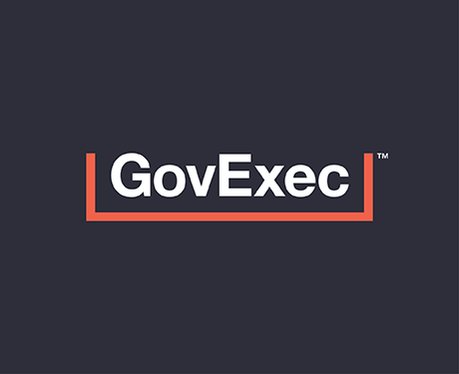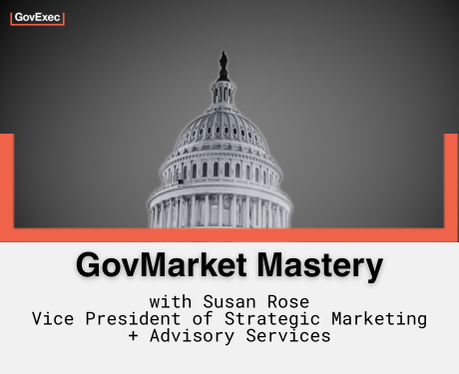WASHINGTON, DC (April 1, 2022) — GovExec, the market-leading information and intent-based marketing platform for government leaders and contractors, announced today that it has acquired Power Almanac, the most comprehensive and actionable business intelligence application housing data and insights on U.S. local government decision-makers. GovExec initially made a strategic investment in Power Almanac in June 2021 with the ability to increase its investment over time. Given the powerful potential to combine Power Almanac with GovExec’s state and local platform, the company has decided to acquire the intelligence data provider. The financial terms of the investment are not being disclosed. The announcement was made by Tim Hartman, CEO of GovExec. Peter Goldstone, Chairman of GovExec, served as an advisor, and the deal was completed with financial support from mid-market private equity firm Growth Catalyst Partners (GCP).
Today’s acquisition expands GovExec’s footprint as the leading provider of purchasing intent, insights, and marketing for the public sector ecosystem. Power Almanac, which now provides access to 300,000 + records for government leaders from more than 21,000 cities, counties, and townships, combines its comprehensive local government data assets with GovExec’s powerful state and local government platform to provide data-driven strategic planning tools, increased reach, stronger lead generation, and enhanced CRM services to GovExec’s existing and potential clients. Fully integrating Power Almanac into its portfolio will accelerate the ability of contractors to segment data, generate more leads in the sales and marketing process, and win more business.
Working with the Power Almanac team over the last nine months has shown us the potential of deeper contact information tied to state and local opportunities,” said Hartman. “The unmatched precision of Power Almanac’s data combined with our intent data will allow our clients to grow their leads, go to market faster, and fuel their revenue.”
Ron Mester, Power Almanac’s founder and CEO, added: “Joining forces with GovExec will not only deliver value to GovExec’s clients but will also be a big benefit to Power Almanac’s current subscriber base, as they can expect to see Power Almanac’s database become bigger and more powerful. I couldn’t be more excited about this combination.”
_____
About GovExec:
GovExec’s data and insights set the standard for depth, accuracy, and impact for government leaders and contractors. As the market-leading information and intent-based marketing platform, for over fifty years GovExec has empowered the government ecosystem to engage and support government leaders as they work to achieve their missions across federal, defense, and state and local agencies. Our strategic sales enablement and intent-based marketing solutions accelerate revenue growth to fuel market success. The platform is powered by the largest and most sophisticated database in the public sector, GovExec’s platform reaches 3.3 million government influencers each month and provides its marketing clients with a significant competitive advantage in driving higher conversion and growth.
About Power Almanac
Power Almanac, which launched in 2011, is the most comprehensive and accurate database of contact information for local government decision-makers and enables its subscribers to prospect local governments with confidence. Power Almanac comprises 300,000+ records from 21,473 cities, counties, and townships, including 98% of local governments in the U.S. representing a population of 1,000 or more. Power Almanac subscribers benefit from the platform’s unmatched accuracy and proprietary role-based data structure, which enables precise targeting of specific decision-making personas versus title-based data.

